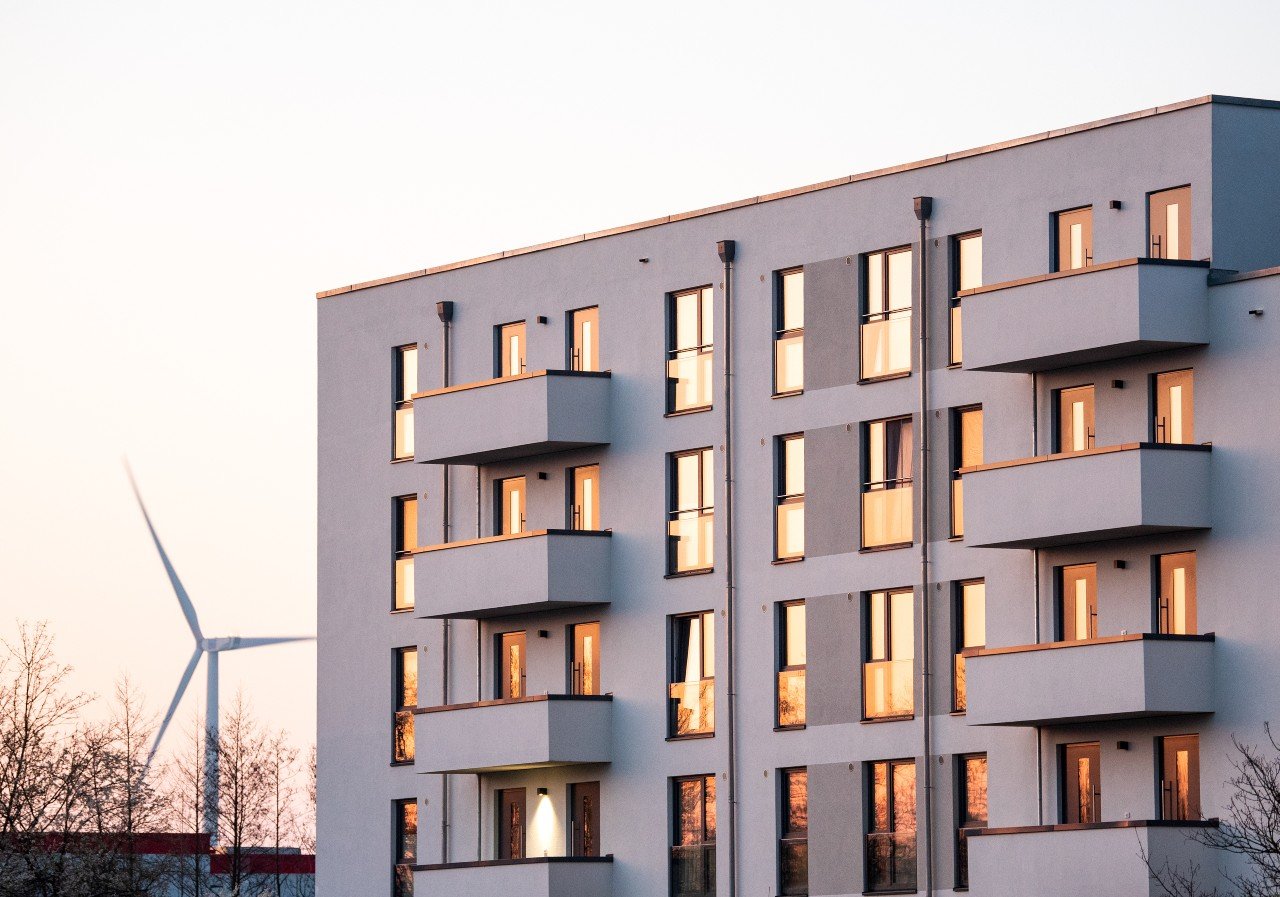At the end of Berlin’s Cuvry Strasse, the work of graffiti artist Blu looms large over an empty grassy lot as people mill about inspecting the crumbling wall and its urban art. Nearby, the undeveloped area offers waterfront seats from a stone ledge.
But the other side of the Spree River is a harbinger of things to come, with the chic Universal Music building nestled among a growing collection of other corporate headquarters and hotels.
A Berliner named Sebastian sits on the ledge with his female friend as the sun sets over the river. After living in the German capital for the past 10 years, he has come to accept the city’s constant evolution. “You have to take what it gives you,” he says.
Developers hope that will be the successful completion of the Mediaspree project, an ambitious undertaking to commercialize both sides of the city’s desirable riverfront real estate. But the plans have run into fierce opposition from residents afraid the few remaining undeveloped spots in the centre giving Berlin its unique flavour will be lost in the process.
“It’s a scandal to ignore a public vote,” says Sebastian, referring to the non-binding 2008 referendum that showed the majority of Friedrichshain-Kreuzberg district residents against the Mediaspree development. “They city shouldn’t have one in the first place if they don’t like the result,” he says.
A multi-tiered property development plan intending to build lofts, hotels and office space along the river, the Mediaspree also happens to threaten some of Berlin’s best-known subculture venues along the river. This has caused friction between backers of the city’s mighty club culture and development boosters hoping to lure telecommunication and media companies to the German capital with the transformation.
The Mediaspree zone runs 3.7 kilometres between Berlin’s Jannowitz Bridge to the west and Elsen Bridge in the east. Since its inception in the 1990s, the city has marketed it as the preferred location for the expansion of a creative cluster of industries.
Three state-owned enterprises, Berliner Hafen- und Lagerhausgesellschaft (Behala), the city’s waste management company BSR and Liegenschaftsfonds Berlin have been designated sections of the Spree waterfront to sell.
The development has made considerable headway in recent years, with the O2 World arena, Universal Music, MTV Networks Germany, as well as a wealth of hotels and office lofts being built. But progress has still not been as rapid as the city government originally expected.
The biggest setback has been the refusal by Berlin’s Friedrichshain-Kreuzberg district to allow the construction of a 90-metre high skyscraper at the Elsen Bridge. The district demanded a height limit of 24-metre, meaning investors initially willing to pay €20 million for the land are now only offering €5 million.
“A victory for (Mediaspree opponents) and a disadvantage for us,” says Michael Reimann, a development manager for Behala.
The district has also been adamant about preserving green areas and large open spaces within the development, which decreases rental incomes for potential property investors.
Franz Schulz, mayor of the Friedrichshain-Kreuzberg district, feels that one of the positive effects of the Mediaspree development has been to raise awareness of the issue of public accessibility to the riverbank.
“Public discussions and the successful citizens’ initiative on the further development of the Spree area were quite effective,” he says, explaining negotiations have indeed resulted in smaller building densities and larger public open spaces on the banks of the Spree.
But the mayor’s words will offer little solace to members of Mediaspree Versenken! (Sink Mediaspree!), a public force that includes leftists, club-goers and other opponents of gentrification.
“This should be a symbol for the whole city and beyond the borders of Berlin,” says group leader Carsten Joost. “It should be a strong sign against this capitalism and commercialisation.”
Spree Urban, an offshoot of the BSR, is in negotiations to commercialize the property called the Timber Market, exactly where Berlin’s legendary riverside club venue Bar25 is located. “Bar25 has to leave the property this year,” says BSR spokesman, Thomas Klöckner. “That’s not talk, that’s what we agreed on, from both sides.”
More than just a club, Bar25 included a cinema, spa and garden, skate park, circus, restaurant, hostel and record label. But on September 10, the venue’s doors closed permanently.
The club’s owners are now looking to move to a new location, but complain about lacking support from city officials usually keen to promote Berlin’s legendary nightlife.
“Berlin’s political representatives seemed unconcerned with sustaining the 200 seasonal jobs that Bar25 represents,” they said recently in a statement. “When it came time to provide concrete assistance, their promises, from the mayor on down, proved empty.”







 Please whitelist us to continue reading.
Please whitelist us to continue reading.
Member comments